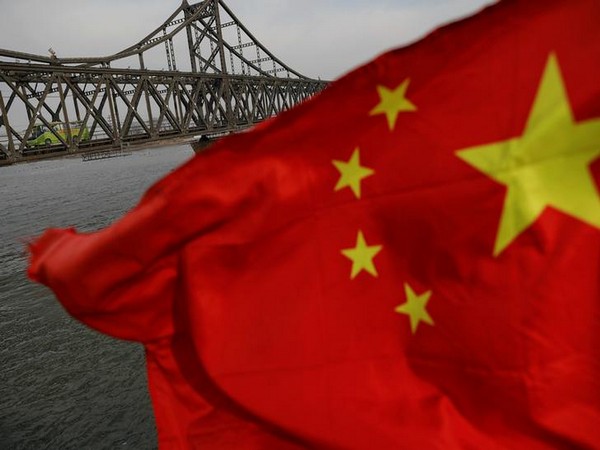Multiple regions across China have called on residents to actively donate blood under strict personal protection guidelines as they face a shortage of blood caused by many factors, including the COVID-19 pandemic and prolonged cold weather, The Global Times reported.
Due to an increase in the number of hospital outpatient and surgical patients as well as optimised measures, Jinan with the most concentrated medical resources in the province is facing unprecedented pressure for blood collection and supply, the Shandong blood center said.
According to the Shandong blood center, the stock of blood group A and O have been kept at red alert level for several days. According to the center, it is predicted that the gap in clinical blood use will reach an all-time high along with the upcoming New Year and Spring Festival holidays with clinical operation and medical blood transfusion likely to face severe difficulties due to the extreme shortage of blood, according to Global Times report.
The blood shortage has threatened the rescue of pregnant women and critically ill patients in some parts of the country, Global Times cited financial media platform Yicai.com. Guangdong province needs about 1,200 blood donors each day to meet the demand for clinical blood use.
The Guangzhou Blood Center said that the blood inventory has fallen to critically low levels due to an increase in COVID-19 cases as well as cold weather. The blood center even prepared rewards for donations, including N95 facing masks and antigen testing kits for those residents who want to donate their blood to people in need as a token of appreciation, as per the Global Times report.
On Wednesday, the Shangqiu region in China’s Henan province called on residents to donate blood in tackling the difficulties. Mianyang in Sichuan province and Jincheng in Shanxi province also called on residents to donate blood.Furthermore, China’s National Health Commission announced revised guidelines on blood donation on December 17. The new guidelines permitted close contacts, secondary contacts of COVID-19 cases and recovered COVID-19 patients to donate blood provided they meet certain conditions.
China’s National Health Commission (NHC), which used to issue the country’s COVID-19 case figures on a daily basis, starting Sunday stopped publishing the update, according to The Global Times. “The NHC will no longer release daily epidemic data from Sunday. China’s CDC will release relevant COVID-19 information for study and reference,” the NHC said in a brief statement.
The National Health Commission on Saturday gave the COVID case figures of Friday. China mainland reported 4,128 new cases of confirmed infections. On December 23, 1,760 patients were released from the hospital after being cured and 28,865 people who had had close contact with infected patients were freed from medical observation. The number of serious cases increased by 99

